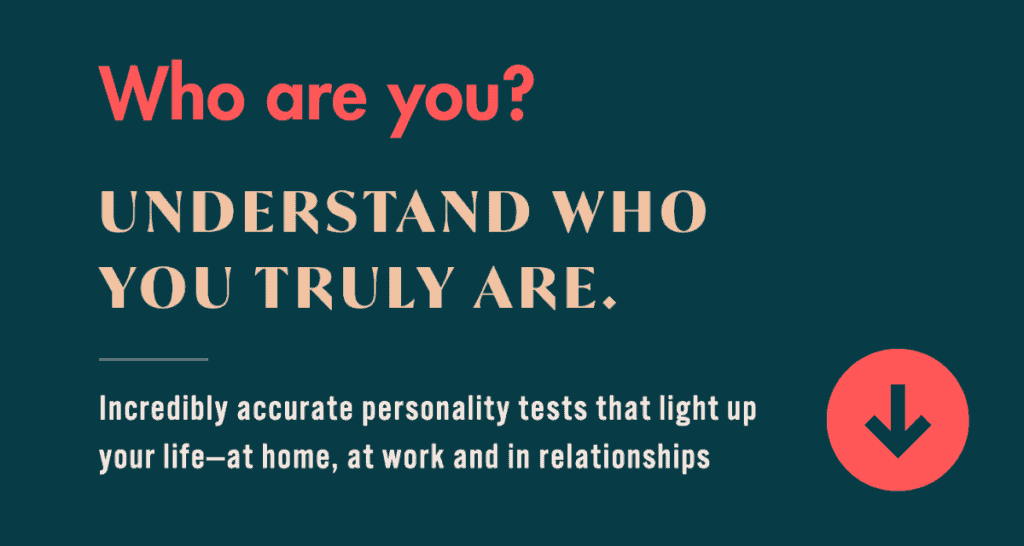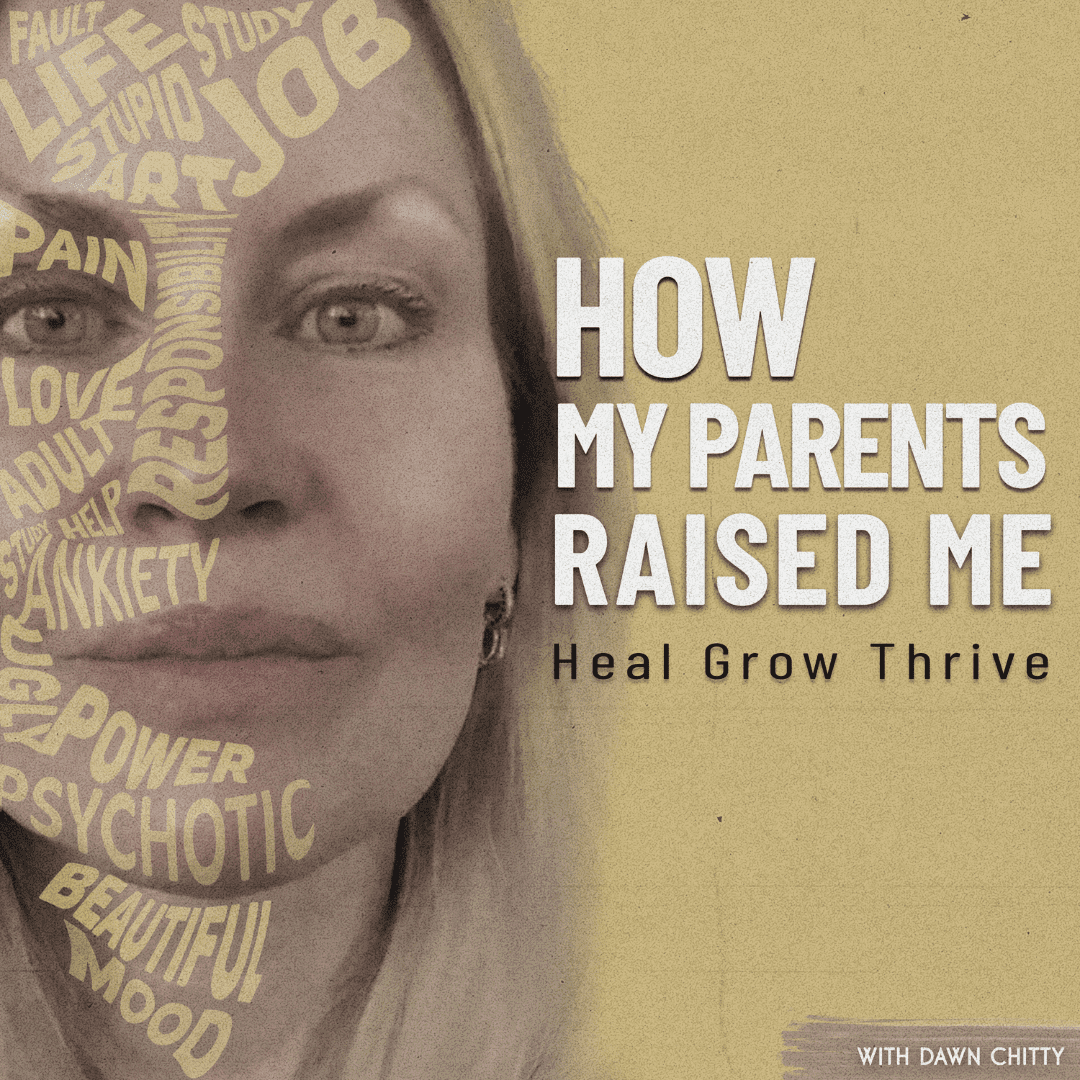What Is Emotional Neglect?
How To Recognise Emotional Neglect.
Emotional neglect is an often misunderstood and silent form of abuse that can leave deep emotional scars. Unlike physical abuse, emotional neglect is a subtle, invisible form of abuse that can be difficult to detect, even for the person who is experiencing emotional neglect.
Emotional neglect is the failure to have your emotional needs met adequately, and is often characterized by a lack of emotional support, empathy and validation. It can manifest in various ways, but at its core, it leaves us feeling unseen, unheard, and unimportant. When the emotional neglect is experienced as a child, the effects can last a lifetime.
*8 Crucial Reasons You Should Take A Mental Health Day

How To Recognise Emotional Neglect
Emotional neglect is often really difficult to identify. However, there are some clear signs that can help you recognize if you or someone you know is experiencing emotional neglect.
A Persistent Feeling Of Emptiness: If you experience a constant nagging feeling of emptiness or numbness within yourself, despite appearing to the world to be fine, you may have experienced emotional neglect as a child. This emotional hollowness is a result of unmet emotional needs, a longing for genuine connection, understanding and validation, that was absent from childhood. This emptiness can affect your self esteem, your relationships and your general mental health.
*My Mother Had Narcissistic Personality Disorder

Difficulty Connecting with Others: (how to recognise emotional neglect)
If you struggle to form and maintain healthy relationships due to trust issues or fear of vulnerability this can be connected to emotional neglect. Emotional neglect can make it extremely difficult to connect with others on a meaningful level. When your emotional needs went unmet in childhood, it can lead to a sense of distrust, fear and vulnerability and an inability to form deep, authentic relationships. This can result in a desire to keep a safe emotional distance from others, making trust and intimacy deeply challenging.
Low Self-Esteem: (how to recognise emotional neglect)
Feeling unworthy, unlovable, or insignificant, can be a sign of emotional neglect, even if you are a high achiever or believe you had a ‘good’ childhood. Emotional neglect erodes your sense of self-worth as you grow up without emotional support or validation leading to a deep seated belief you are not worthy of love. This negative self-perception can persist into adulthood affecting your self confidence, decision making and ability to form healthy relationships.
Avoiding Emotions: (how to recognise emotional neglect)
If you tend to suppress or avoid emotions, or don’t know how to connect to emotions or have difficulty knowing how to feel, you may have been emotionally neglected as a child. When your feelings were dismissed growing up, you may learn to suppress your emotions to protect yourself. This leads to detachment, emotional numbness and a tendency to avoid feelings. This can lead to a difficulty expressing, recognising or coping with emotions.
Depression and Anxiety: (how to recognise emotional neglect)
Experiencing symptoms of depression or anxiety can be as a result of emotional neglect growing up. When you grow up without emotional support and validation it can lead to emptiness, low self worth and difficulty forming meaningful relationships, all of which can create fertile ground for mental health challenges. This persistent emotional pain can contribute to depression, whilst anxiety can stem from the constant worry or fear of rejection brought about by unaddressed emotional neglect.

How Does Emotional Neglect Show Up?
The effects of emotional neglect can be profound and far-reaching. They extend beyond childhood and well into adulthood, influencing our state of mental health, our self-esteem, and our ability to form good relationships. Some common consequences include:
Mental Health Struggles: Emotional neglect can contribute to conditions like depression, anxiety, and borderline personality disorder.
Substance Abuse: Substance abuse can be a coping mechanism to numb the emotional pain associated with emotional neglect.
Unhealthy Relationships: Experiencing emotional neglect can lead to a cycle of unhealthy relationships.
Self-Sabotage: A pervasive sense of unworthiness can lead to self-sabotage in personal and professional endeavors.

One of the challenges of emotional neglect is the silence that surrounds it. Many sufferers struggle to speak out due to shame, guilt, or fear. Awareness and breaking this silence are first steps towards healing.
Reach out to a trusted friend, family member or therapist for support. Recovery from emotional neglect is possible. It takes time and effort. Here are some steps towards healing…
Therapy: Seek out a trauma-informed therapist or counselor to work through past emotional neglect and develop healthier coping mechanisms.
Self-Care: Prioritize self-care practices that nurture your emotional well-being, such as mindfulness, meditation, and journaling.
Healthy Boundaries: Learn to set and maintain healthy boundaries in your relationships to prevent the occurrence of future emotional neglect.
Building Healthy Relationships: Work on building and maintaining positive, supportive relationships in your life. Put yourself first and decide if someone is good for you. Be in relationships that are mutually beneficial, rather than one-sided. Learn to know what you need and make sure you receive it.
Emotional neglect is a pervasive issue that affects so many of us, without us often being aware of it. By recognizing the signs and taking steps towards healing, it is totally possible to break free from its damaging effects. Remember, you are not alone on this journey. Never be afraid to speak up and ask for help.









